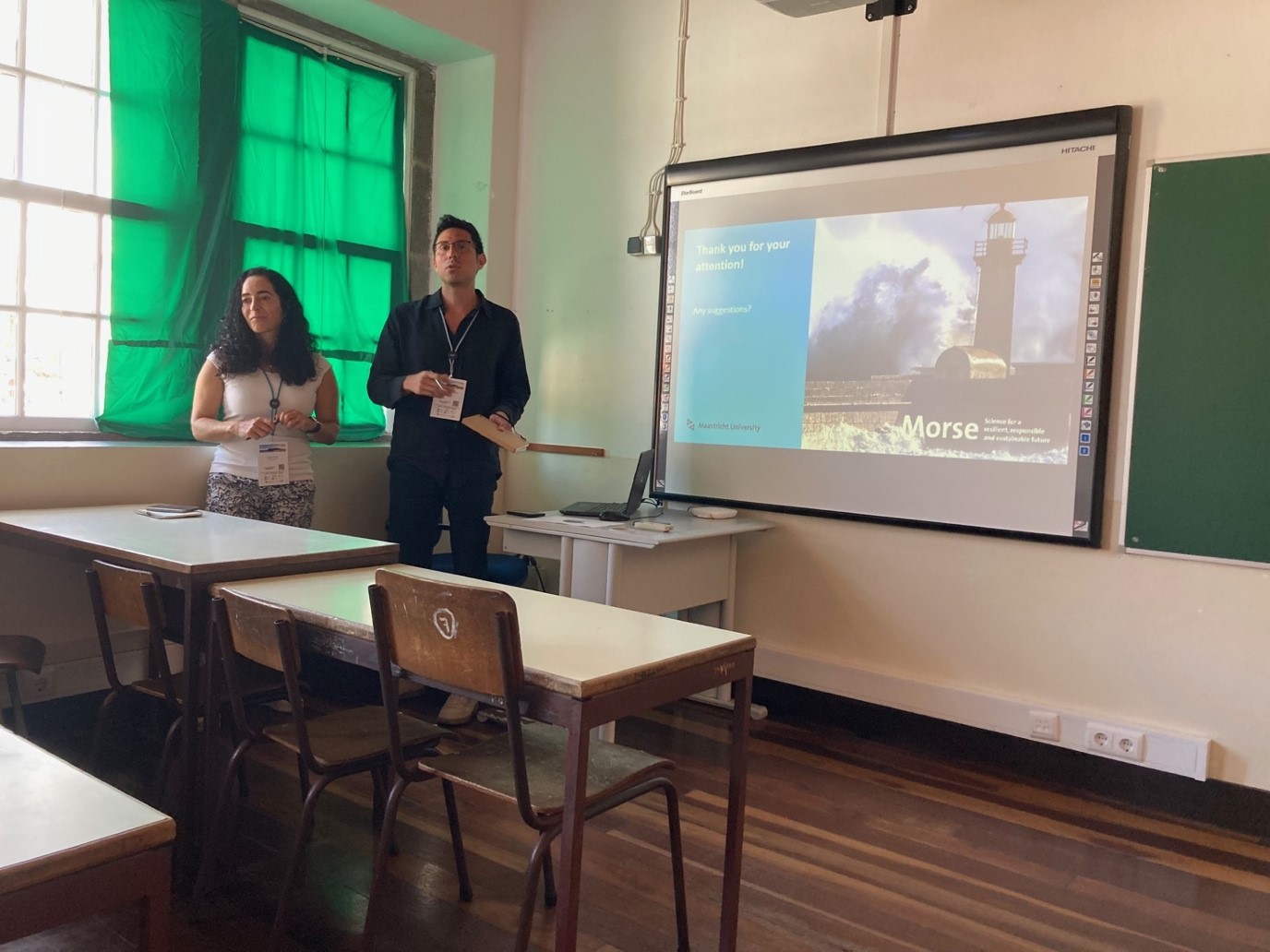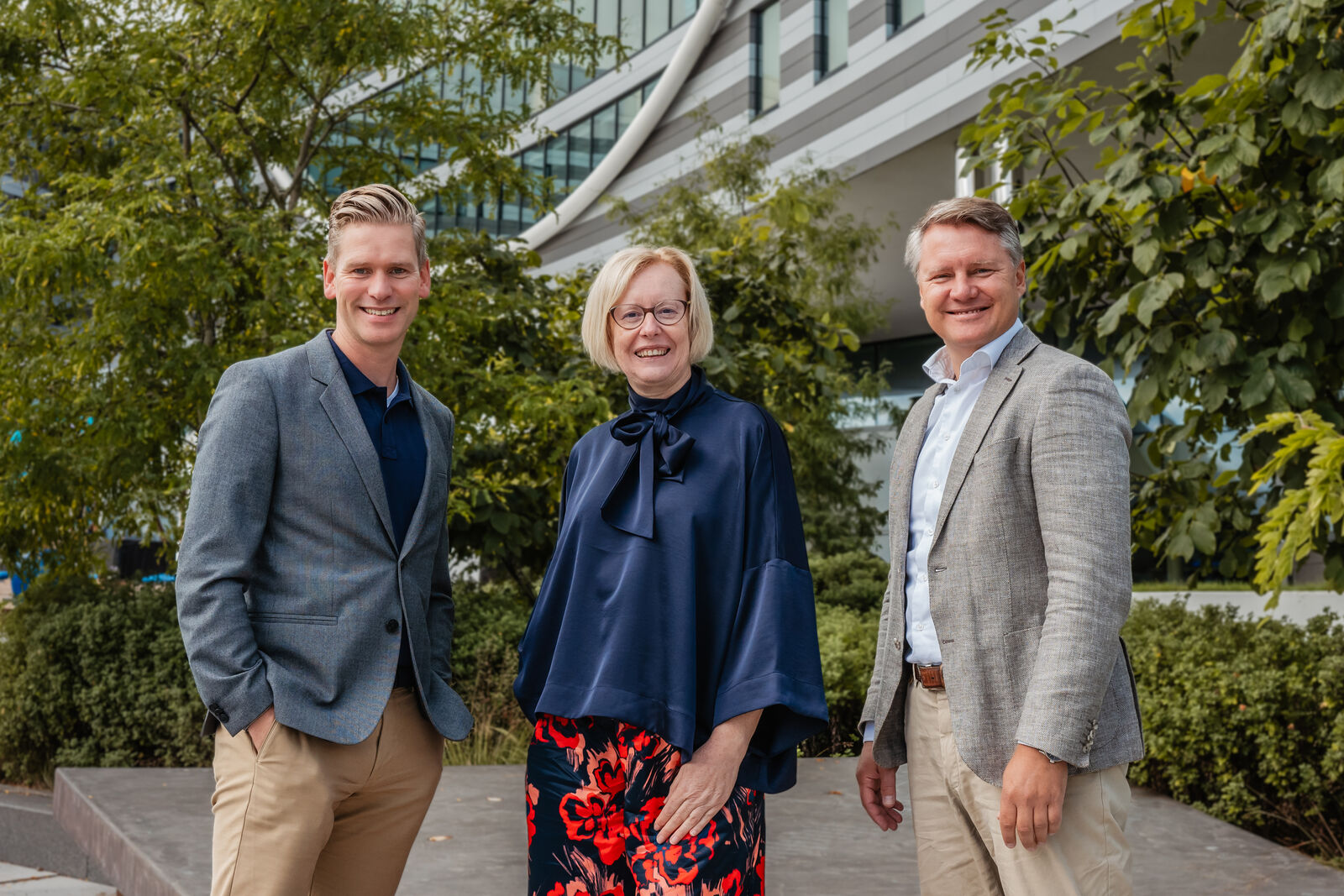A Different Conversation: How a Female Investment Network is Shaping Entrepreneurship
Why do female entrepreneurs struggle to secure funding in today’s competitive ecosystem? Despite efforts to level the playing field, women continue to face significant barriers when pitching their ventures to investors. But with a growing focus on sustainability and social impact, can female-led businesses be the key to driving global change? A recent study presented at the ERSA Congress aims to shine a light on how female-focused investment networks are breaking down these barriers and reshaping the entrepreneurial landscape.
Breaking Barriers in Entrepreneurship
1. The Challenge Women Entrepreneurs Face
In the fast-paced and often aggressive world of entrepreneurship, gaining a “seat at the table” is often far more difficult for women than for men. Though entrepreneurship has long been celebrated as a driver of innovation and economic growth, it also holds the potential to address global sustainability challenges by fostering new business models that promote environmental and social well-being. In fact, women are often more inclined to promote social or environmental entrepreneurship, making their contributions invaluable to the societal shift toward a more sustainable future. Despite this, female entrepreneurs are disproportionately disadvantaged when it comes to securing funding.
Recent data shows that women-owned businesses receive less than 3% of informal equity funds globally. This means that even in countries where entrepreneurship is flourishing, women are still underrepresented in terms of financial backing. Research further reveals that male venture capitalists (VCs) are more likely to fund male entrepreneurs—regardless of the quality of the pitch. A striking study found that investors tend to prefer pitches delivered by men over those delivered by women, even when the content is identical. This inherent bias perpetuates an unequal playing field, effectively limiting the potential of many talented female entrepreneurs.
As a result, female founders have been forced to adapt by using language and presentation styles that mirror their male counterparts, hoping to gain a better footing in the pitch room. While this approach may improve some women’s chances of securing funding, it has done little to address the broader issue. The gender disparity in funding persists, highlighting the need for systemic changes in how entrepreneurial investment is approached.
2. The Power of Female-Led Investment Networks
In response to these persistent challenges, new models of funding have emerged that focus specifically on female entrepreneurs. A prime example can be found in the Netherlands, where female-led venture capital networks have started to emerge. These networks, founded by women and designed for women, aim to close the gender gap in investment by focusing solely on ventures with female founders.
One such network, established in 2021, has started investing in multiple sustainable, female-led companies. This approach is not just about providing capital; it’s about creating an environment where women’s voices are heard, valued, and given the opportunity to thrive. The venture capital network emphasizes investing in businesses that align with sustainability goals, particularly those working toward environmental and social impact.
3. Language Matters: Insights from the Study
The core of Dr. Costa and Dr. Páramo’s research lies, in this initial stage, in understanding how language plays a pivotal role in shaping investment outcomes. Using a combination of sentiment and linguistic analysis, the researchers analyzed pitch sessions where female entrepreneurs presented their ideas to investors within the female-led network. Their goal was to determine if the communication was different in this environment compared to the typical, male-dominated pitch settings.
The preliminary findings revealed marked differences. Participants in the female-led network displayed communication styles that reflected different psychological states, social concerns, and thinking patterns. By fostering an accepting atmosphere for females, such networks may be providing a different type of entrepreneurial ecosystem.
These initial results provide clues for the potential impact of female-friendly investment ecosystems. The study aims to go further by describing this new phenomenon and understanding how female-led environments change the ecosystem. While the preliminary findings were well received at the ERSA Congress, the researchers acknowledge that further research is needed. They plan to conduct in-depth interviews with various participants in this innovative network to corroborate the initial trends uncovered and deepen the understanding of this ecosystem.
The research presented by Dr. Carla Costa and Dr. Sergio Páramo from the OSE Department at the 63rd ERSA Congress delves into this new and innovative model. Their study specifically examines how this female-focused investment network is transforming the entrepreneurial landscape by offering women a platform where their ideas are considered on their own merits—not through the lens of male-dominated investment criteria. The researchers set out to analyze the impact of this network on the prospects for women entrepreneurs.
This exploratory analysis focused on pitch sessions within this ecosystem, investigating whether the language and communication dynamics differed from those in traditional venture capital environments. Given that conventional VC settings often reward behaviors and communication styles typical of male entrepreneurs, this research seeks to uncover whether a female-focused network offers a distinct landscape for women entrepreneurs.
Conclusion
The emergence of female-led investment networks represents a critical step toward closing the funding gap for women entrepreneurs. By creating spaces where women can pitch their ideas on equal footing, these networks may be paving the way for more inclusive, sustainable businesses. As this study continues to unfold, it promises to reveal new strategies to support women in driving societal change. After all, empowering female entrepreneurs isn’t just about fairness—it’s about creating a better future for everyone.

Also read
-

The Netherlands stands at the threshold of a monumental task: the decarbonisation of nearly 8 million homes by 2050. As society navigates this transition away from fossil fuels, communities encounter both promising opportunities and significant hurdles. Job Zomerplaag’s PhD project, provisionally titled "When Transitions Hit Home," investigates the widening decarbonisation divide in domestic heating and cooling, and explores whether community-based approaches can help bridge this gap. Recently, alongside Professor René Kemp, he presented his ongoing research at the International Geographical Congress at Dublin City University.
-

Maastricht University Center for Entrepreneurship and Innovation, BDO Accountants and Advisors and AFAS Software will conduct research into the challenges and opportunities for Dutch family businesses regarding the ecological sustainability task.
-
Have you noticed the latest addition to the WRDS research data platform during your recent browsing sessions? If not, take a moment to check again—you’re in for some exciting news! Thanks to the generous support from MORSE and individual researchers within SBE, UM researchers now have access to Capital IQ Transcripts data.